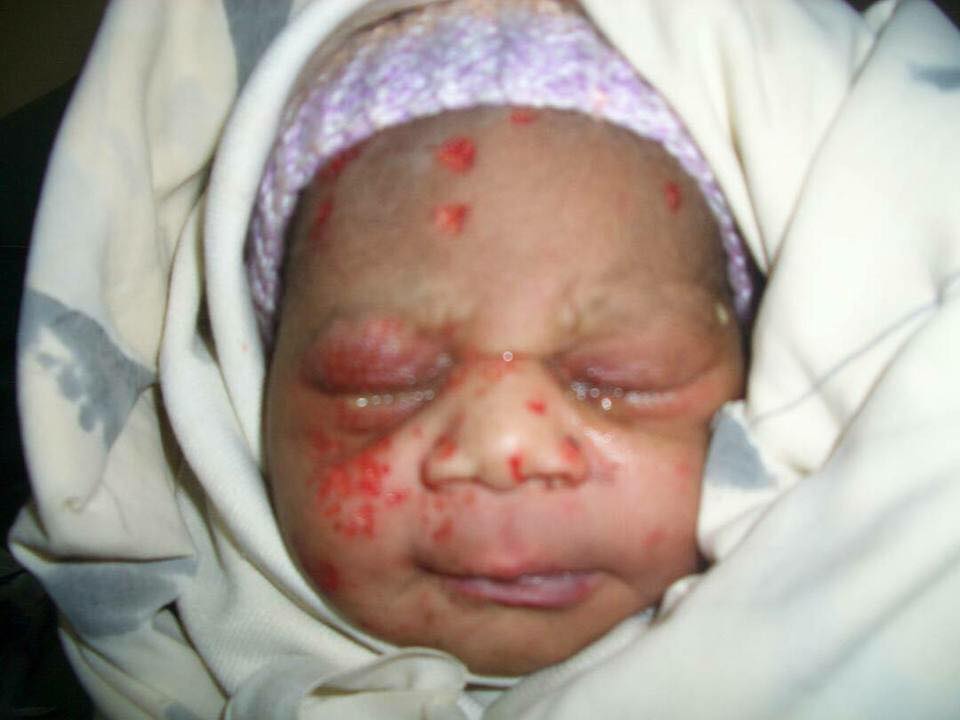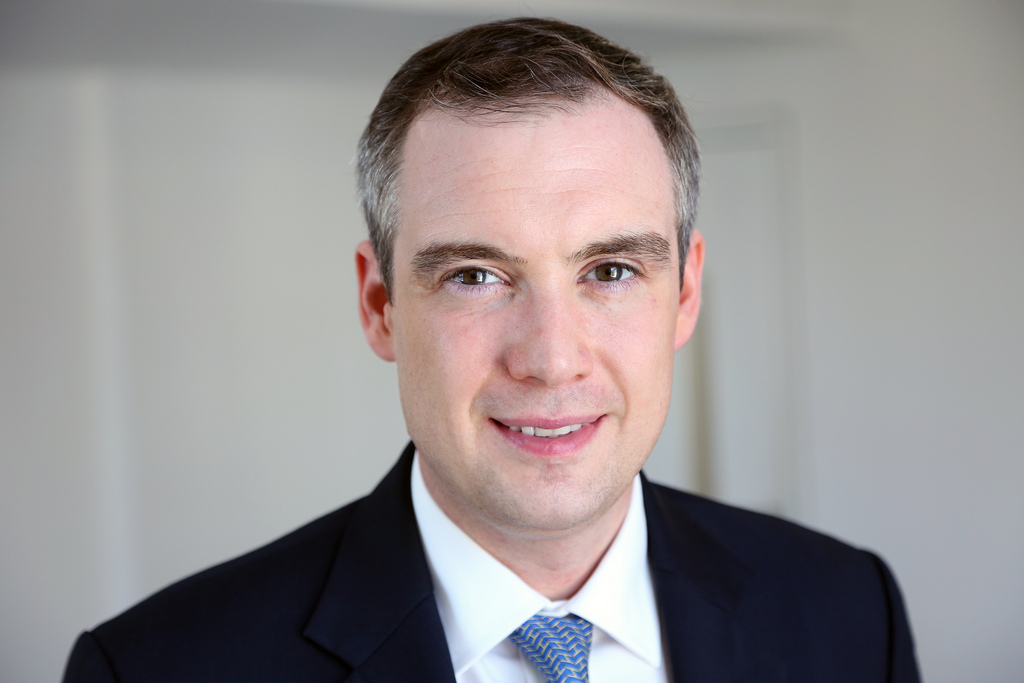Members of Parliament Saturday met with the visiting International Monetary Fund (IMF) Managing Director, Christine Lagarde, where they expressed their unhappiness with the imposition of hard conditions on Malawi.
Lagarde and her team had an interaction with the members of the Budget and Finance Committee of Parliament at the Parliament building in Lilongwe, where she was told that devaluation of the Kwacha last year as demanded by the IMF had resulted in untold economic hardships for poor Malawians.
UDF Mangochi North East MP Alfred Mwechumu wondered why the IMF imposes policies on governments instead of allowing “home grown” economic policies to mature and prosper.
Malawi Congress Party (MCP) parliamentarian Joseph Njobvuyalema said the real economic situation in the country is contrary to the picture the IMF was painting about Malawi. He said while IMF was touting Malawi as a model for its reforms, the situation on the ground was of high interest rates, rising inflation and dwindling income levels among the citizens in the country.
“It is surprising to hear that IMF representatives saying the reforms are working very well yet the poor Malawian is going through hell and life is unbearable due to the escalating cost of living and abject poverty,” said Njobvuyalema.
Mafunde parliamentarian George Nnesa urged the IMF not to push for more cuts in public expenditure as this could slow down economic activity and further expose the poor to hardships.
However, the IMF chief said the situation in Malawi was better than could have been had IMF not advocated for reforms. “People seem to easily forget about the economic situation that was there before the reforms started, when people queued for fuel and forex, resulting in falling industrial productivity.”
Lagarde, the former French finance minister, added: “What was the other option (to devaluation) when overvaluing the currency meant excessive loss of reserve amid massive import needs but without adequate reserves? We examined the situation and looked at several factors and the direction the economy was taking and we recommended the necessary policy measures.”
Other questions were on whether the IMF programs have worked elsewhere given the general perception that such programmes hurt economies instead of resuscitating them.
But Lagarde gave examples of Russia, Ghana and Seychelles where similar economic reforms had initially been widely disapproved by locals but later produced desired results.
“Most countries are now doing similar programmes; reducing public expenditure while building reserves. We had a similar programme in Seychelles where they cut expenditure and massively devalued their currency resulting into initial high inflation before the situation improved,” she said.
Former president Bingu wa Mutharika refused to devalue the kwacha, arguing it was going to trigger inflation and hurt the poor. He had fixed the exchange rate in 2005 at K150 to U$1.
President Joyce Banda, who came into power following the death of Mutharika in April 2012, devalued the currency by 49 percent against the US dollar in May, consenting to a key demand of the IMF to secure a resumption of desperately needed aid.
Lagarde left the Sunday after her three-day visit, during which she held private meetings with President Banda




